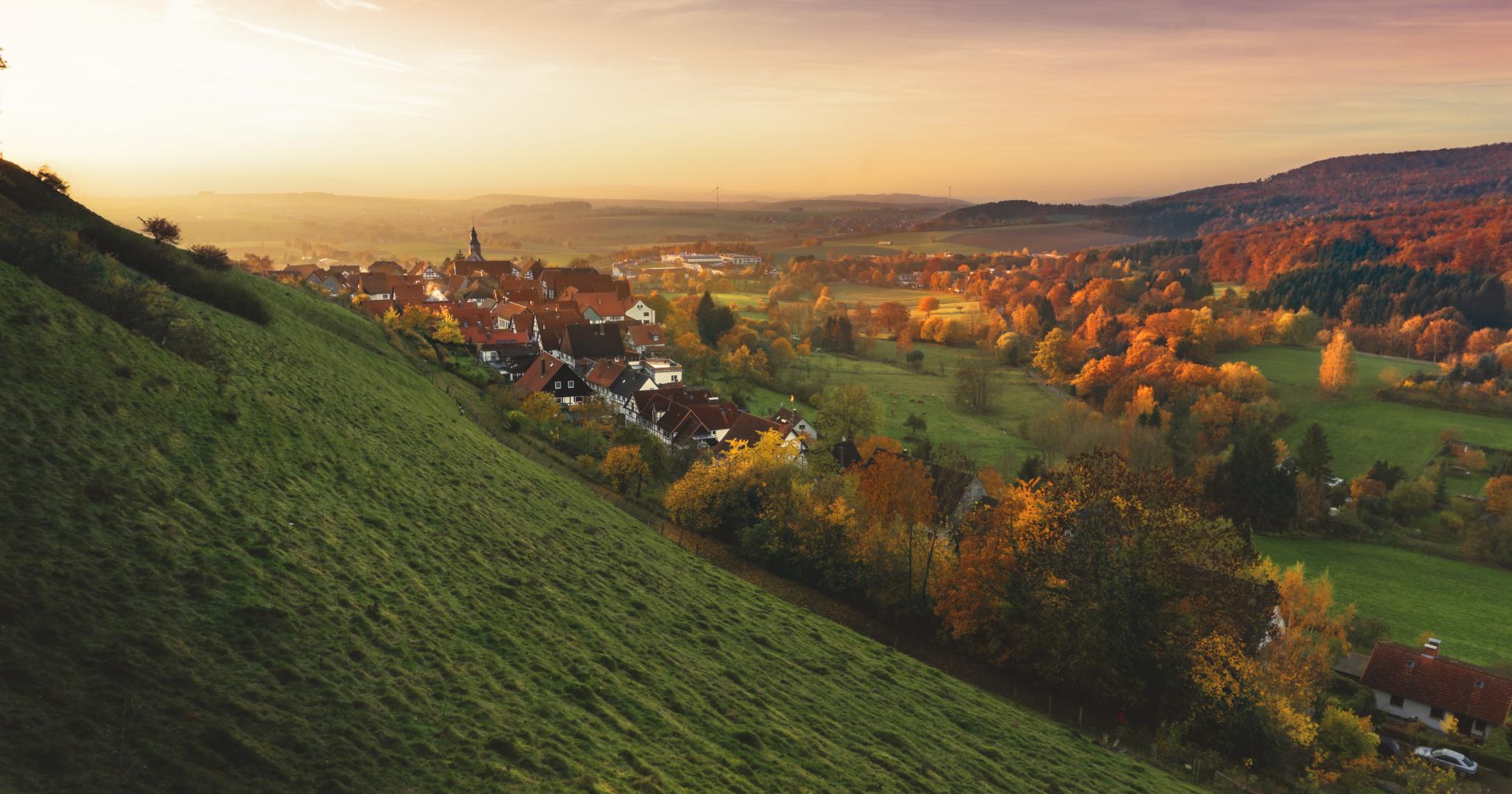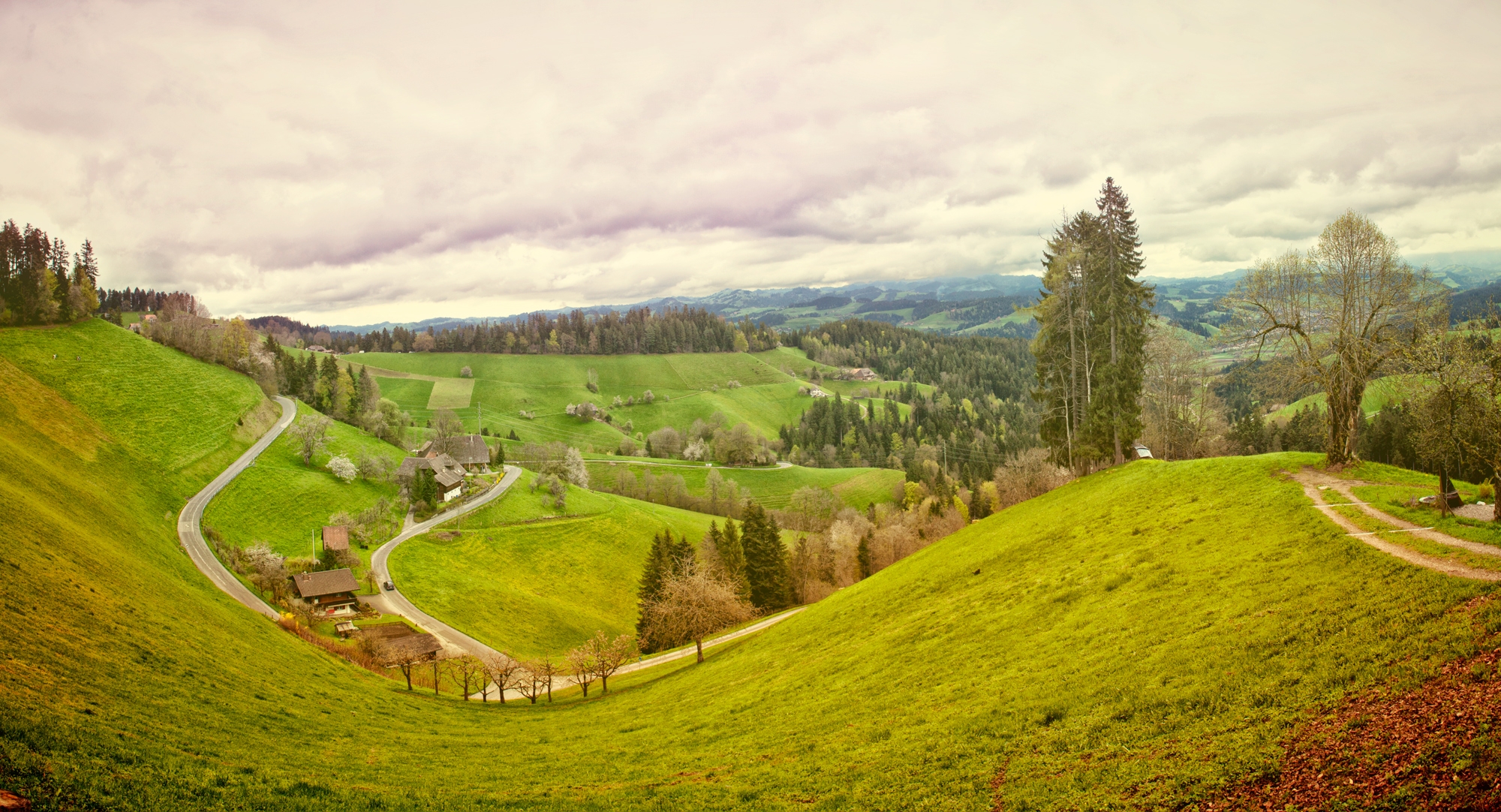European Rural Development Network XI. Conference 2013
Romanian Academy – Institute of Agricultural Economics & Romanian Association of Rural and Agri-food Economy “Virgil Madgearu”
EU transformations under CAP 2007-2013 and rural development perspectives in the future programing period 2014-2020
General Berthelot/Hateg, Hunedoara County, Romania, 3-4 October 2013
Background
Due to the way it has been conceived and managed to date, the Common Agricultural Policy of the European Union (CAP) contains highly critical points that cause negative consequences for both producers and consumers. First of all, the Policy is marked by glaring inequality in so far as the financial resources of the so-called “First Pillar” (which comprises market support measures, especially direct payments to producers) are distributed unevenly among types of production, farms (small, medium, large)and the Member States. Secondly, it favours a highly unbalanced consumer model: 250 of the EU’s 500 million inhabitants are overweight and 42 million live in conditions of serious privation, while every year 90 million tons of edible food is thrown to waste (Eurostat 2010). De facto, food has lost its intrinsic value and price is the only parameter that remains to guide food choices. Thirdly, the Policy devalues labour in the agri-food sector: a recent survey showed that, in Europe as a whole, employment in farming has dropped by 25 percent in fewer than ten years, with an overall loss of 3.7 million jobs (Eurostat 2010). This fall in employment has not been accompanied by an increase in workers’ wages in the farming sector comparable to other sectors; indeed earnings — and, as a consequence the professional level of the sector — have progressively dropped. The farmers’ insufficient income is one of the root causes of the disappearance of many agricultural products. The industrial agri-food model that has asserted itself over the last fifty years is one of the causes of the most serious environmental and climate crises ever experienced by humanity. On one hand, in so far as they were considered inextinguishable, natural resources such as water, land, forests and woods have been exploited indiscriminately, and have hence deteriorated irreversibly. On the other hand, industrial farming has made an increasingly unbridled use of inputs of fossil origin, such as chemical fertilizers, pesticides and plastics.
At the same time, the financial problems that have appeared in recent years as a result of the beginning of global economic-financial crisis put an increasing pressure upon EU evolution as a whole. The way in which the budget allocated to CAP in the period 2007-2013 responded to the requirements and in which the measures taken had expected effects will have to be evaluated now in the balance year 2013. That is why, the substantiation of a solid and realistic budget for the period 2014-2020, targeting the imperiously necessary measures to be taken in agriculture and rural area, is a must for a successful development of all the EU member states, at an equitable and comparable rate. Finding additional financial resources for agriculture and rural areas will have to be intensified and stimulated. The new CAP (2014-2020) has major challenges to address. It has to: ensure food security and sovereignty, offer a response to the environmental and climate crisis, and revigorate the economy and employment in agriculture and rural areas.
Last but not least, we would like to focus on the competitiveness of agri-food products in the EU, which are facing direct and permanent competition with similar products from other regions of the world. By determining their competitiveness level, one can evaluate the capacity by which CAP developed the European market in the last period, and the modality in which the financial resources have been correctly directed and efficiently used. It is out of these reasons that we consider it necessary that the ERDN meeting from 2013 has as main theme the evaluation of transformations from agriculture and rural area in the period 2007-1013 and the perspectives of the programming period 2014-2020, under the new CAP impact. Objectives
The Conference aims to stimulate theoretical and empirical contributions on the proposed theme and brings together economists, sociologists, geographers, agronomists, ecologists, policy makers, rural planners, managers and others, in order to discuss and assess new perspectives in the future rural development plans. We will welcome comparative analyses between structures, strategies and challenges of the economies inside EU and different countries in transition.
At the same time, we intend to extend our concerns and sphere of interest by attracting new members in ERDN, to deliver new outputs of our activities, to promote and share the results of our
concerns with other participants, networks and actors, to create a rich and favourable background for future collaborations.
In brief, the objectives of the Conference are: scientific and social.
In detail, the objectives of the Conference are:
- Evaluation of the effects of EU CAP for 2007-2013
- Analysis and refining common goal systems for agriculture and rural development (determination of specific social needs) in different EU member states, at different stages of development and integration with the EU, or transition countries
- Determination of competitiveness of EU agri-food products and best practices identified in rural development
- Identification of challenges, opportunities and risks for sustainable rural development in the period 2014-2020
- Dissemination of research
- Connection of networks and people.
Topics
During the two full days of the Conference, four thematic sessions are planned. The topics are:
- Structural changes in agriculture and rural areas in EU under CAP 2007-2013
- Financial aspects/alternatives in agriculture and rural development
- Competitiveness of agri-food products on EU intra and extra trade market
- Perspectives of CAP 2014-2020
Conference Committees
Scientific Committee:
- Paun-Ion Otiman, Romanian Academy-IAE, Romania
- Zbigniew Florianczyk, IERIGZ-PIB, Poland
- Andrew Fieldsend, AKI, Hungary
- Klaus Wagner, AWI, Austria
- Dan-Marius Voicilas, Romanian Academy-IAE, Romania
Organising Committee:
- Monica-Mihaela Tudor, Romanian Academy-IAE, Romania
- Pawel Chmielinski, IERIGZ-PIB, Poland
- Elisabeta Rosu, Romanian Academy-IAE, Romania
- Mihai Chitea, Romanian Academy-IAE, Romania
- Mihaela Kruzslicica, Romanian Academy-IAE, Romania
Check the AGENDA of the Conference.


